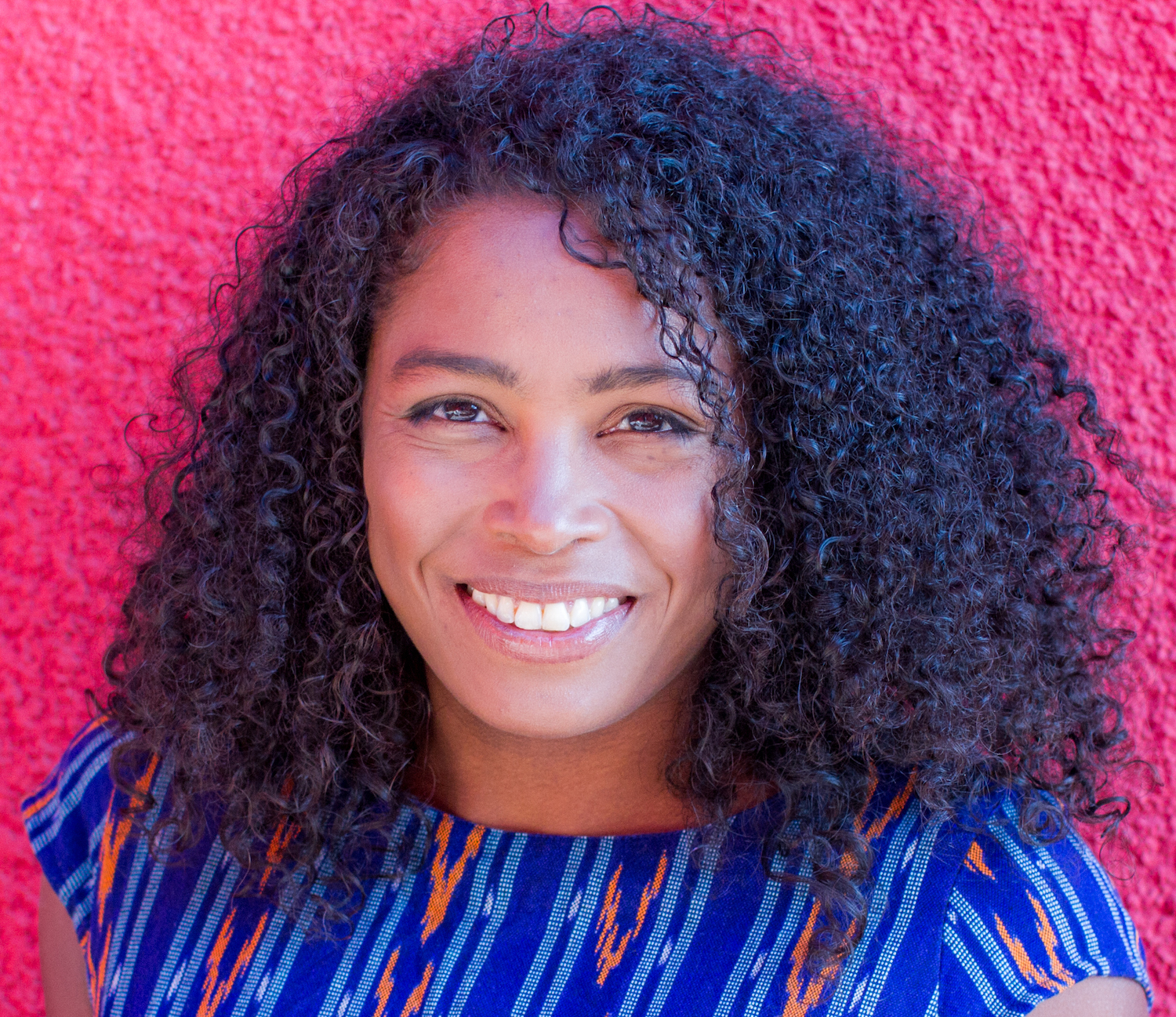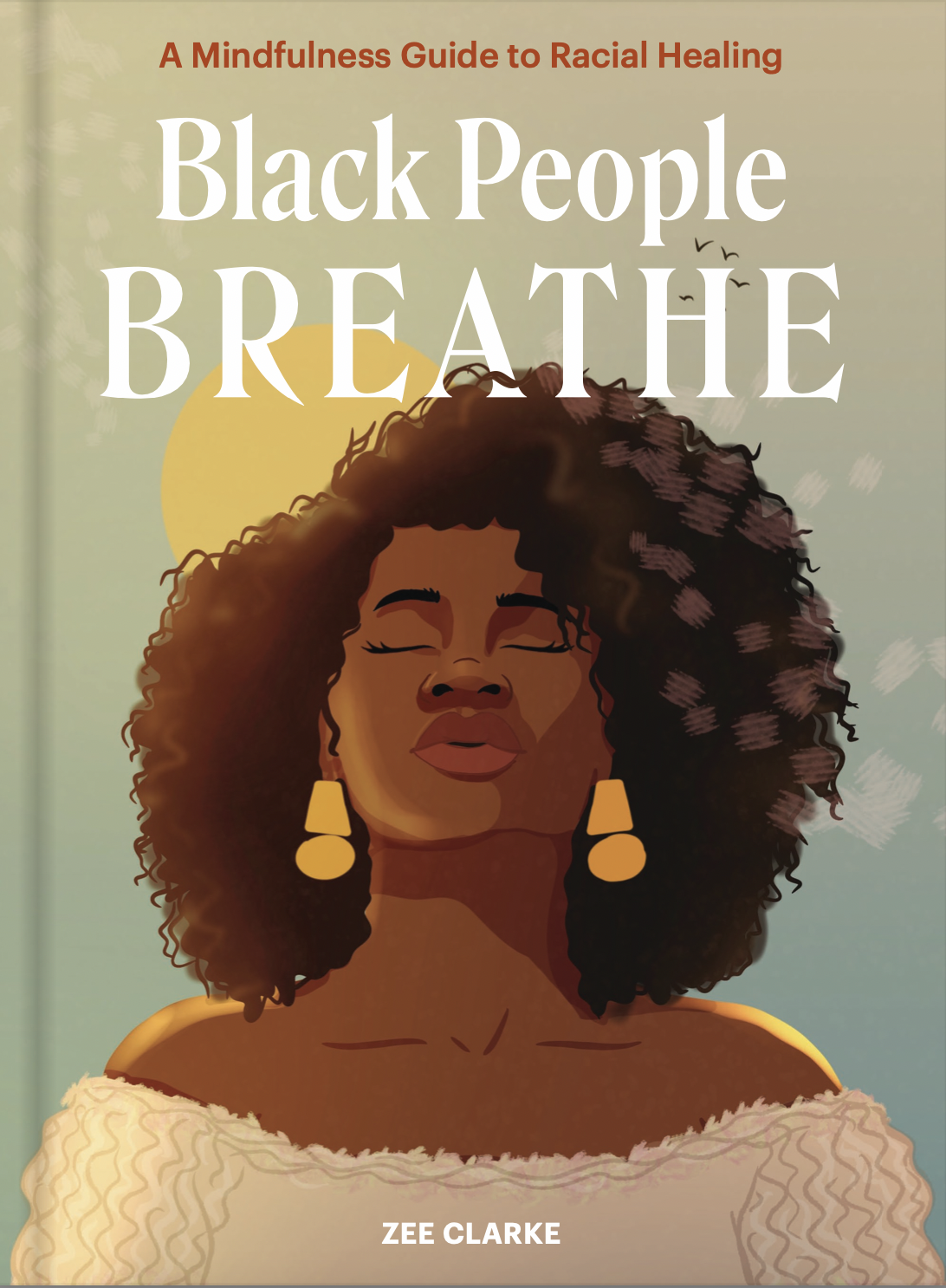
While the headaches and hassles of travel increase across the board during the holidays, not everyone has to deal with the same stressors. For Black people specifically, traveling during any period presents an extra set of complications and dangers in the form of microaggressions and overt racism — and those experiences can be amplified when airports are packed with frazzled nerves and flaring tempers. TriplePundit spoke with Zee Clarke, a corporate diversity, equity and inclusion (DEI) consultant and the author of "Black People Breathe: A Mindfulness Guide to Racial Healing," about the additional pressures that come with traveling while Black and what Black people can do to protect their peace amidst the chaos.
“There are so many issues,” Clarke began. “Let’s start with airport security. Waiting in line for airport security is so stressful. Black people wonder, ‘Is today going to be another one of those days?’”
As demonstrated by a Freedom of Information Act request filed by the ACLU, the Transportation Security Administration’s own documents show how its behavior detection program is not only ineffective, but can actually be used as the basis from which to harass people of color and religious minorities. Some of the so-called behaviors used to excuse targeting include being late for a flight or yawning.
Black women are also more likely to be pulled to have their hair searched. “The TSA blamed thicker hair,” Clarke said, with the agency’s website indicating that styles such as hairpieces, buns and braids could trigger the alarms on full body scanners. Agents aren’t gentle either — she described how many Black women had their scalps roughed over in such searches.
And while it seems ludicrous that anyone would hide a weapon or explosive device in their hair, Clarke pointed out that disproportionate searches are not limited to thick hairstyles. She gave the example of a queer Black friend who, regardless of her super short hair, still gets pulled by TSA so often that “she’s just accepted that she is going to be targeted and stopped 75 percent of the time.”

These secondary searches and interrogations aren’t just minor inconveniences either. Not only can the stress of being targeted have physiological repercussions such as elevated heart rate and blood pressure as well as psychological effects, but the results of such interactions can also be even more dire. Clarke pointed to Britney Griner as an example of the dangers that Black people face, especially abroad where legal protections can be lacking even more. Griner was originally sentenced to nine years in a Russian prison for bringing in less than a gram of THC. But a white woman, Audrey Lorber, who smuggled almost 25 times as much marijuana into the same country in 2019 was given a mere two months and a small fine.
As such, Clarke encourages Black people to utilize breathing techniques to protect their peace while waiting in line for security. She offered the 4-7-8 technique for lowering anxiety and calming the nervous system, an invaluable trick when faced with the likelihood of being pulled for a secondary inspection.
She spelled out how interactions like those with the TSA can lead to individuals getting triggered, which stimulates a fight-or-flight response that will not be helpful in a situation where the person being targeted is expected to remain cool and collected for their own safety. Belly breathing calms the sympathetic nervous system and is ideal to use in these sorts of circumstances, Clarke suggested.
While the risk of being targeted by the TSA remains one of the top concerns for those traveling while Black, it by far is not the only one. Clarke gave numerous examples of how traveling while Black can go wrong, including microaggressions from fellow travelers and less-than-helpful customer service representatives. Being cut in front of while standing in line is a common occurrence. “Especially as a Black woman, I feel invisible,” she said of the regularity with which white people will do this to her. “Because we don’t fit the prototype we just aren’t seen.”
Bias against Black women’s hair isn’t limited to security checks either as the ubiquitous affinity that a lot of white people have for touching Black hair doesn’t appear to be going anywhere. Clarke related one story of a friend who, as a Black woman on a cruise, was asked by a white woman, “Can I pet it?”
As if such questions were not bad enough, unsolicited touching remains something that Black people still deal with not just in day-to-day life, but also as an aspect of travel that – like any microaggression — can really sour the experience.
When it comes to delayed and canceled flights, Clarke pointed to how often Black travelers notice that they are offered less than white travelers in the same circumstances. Of course, this isn’t limited to the transportation sector, as she explained, “Black people are five times more likely to be treated badly by customer service.”
When traveling, "the overall stress for a Black person is much higher than most," Clarke noted. “There is even a heightened state of stress while you are waiting at the gate.” Which is why she encourages belly breathing and long exhalations for dealing with customer service and microaggressions, as well as box breathing, body scans and stretching while waiting at the gate.

“You have to be ready for anything,” Clarke said of traveling while Black, while also cautioning against hypervigilance. “It’s a bad idea to expect bad things.” She encouraged Black people to be aware but not expect negative experiences. After all, “hypervigilance is a terrible place to be.” Instead, she encourages preparing ahead of time with a sound bath or guided meditation to go in feeling relaxed.
“During the holidays traveling spaces are crowded. And when spaces are crowded, stress levels are heightened. Regardless of race, everyone’s stress is heightened,” Clarke noted. “It’s a layer on top of that for Black people.”
Clarke's forthcoming book shares more specific examples of microaggressions and other racially inspired incidences that Black people deal with regularly and offers breathing techniques for managing the stress that comes from those experiences. Allies can also benefit, not just from the breathing exercises, but also because it can help them “become more educated about what happens to Black people in America,” Clarke said.
Image credits: TheVisualsYouNeed/Adobe Stock and Zee Clarke

Riya Anne Polcastro is an author, photographer and adventurer based out of Baja California Sur, México. She enjoys writing just about anything, from gritty fiction to business and environmental issues. She is especially interested in how sustainability can be harnessed to encourage economic and environmental equity between the Global South and North. One day she hopes to travel the world with nothing but a backpack and her trusty laptop.














